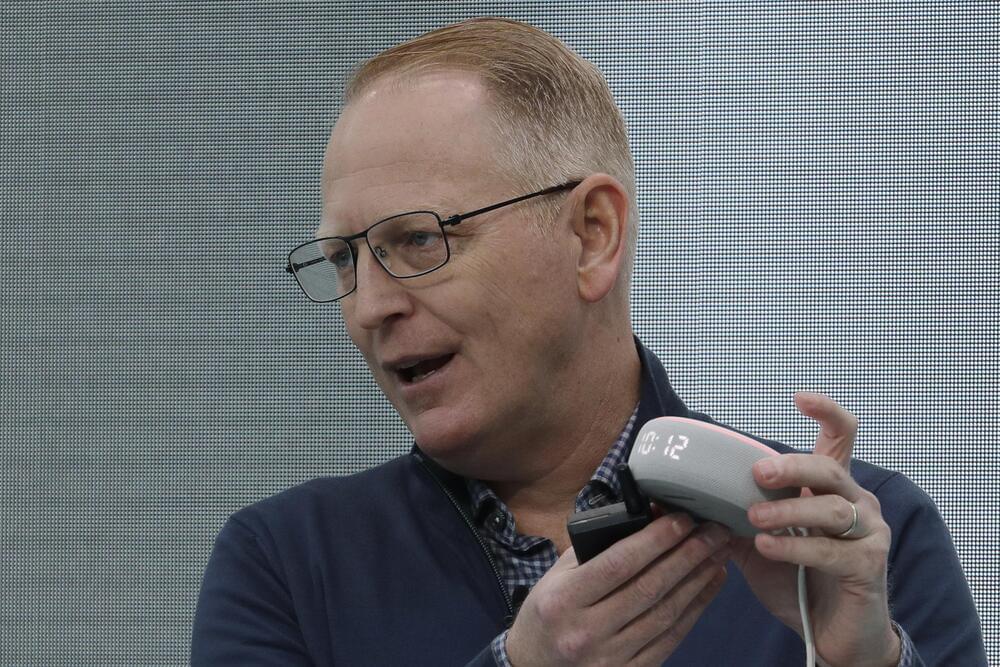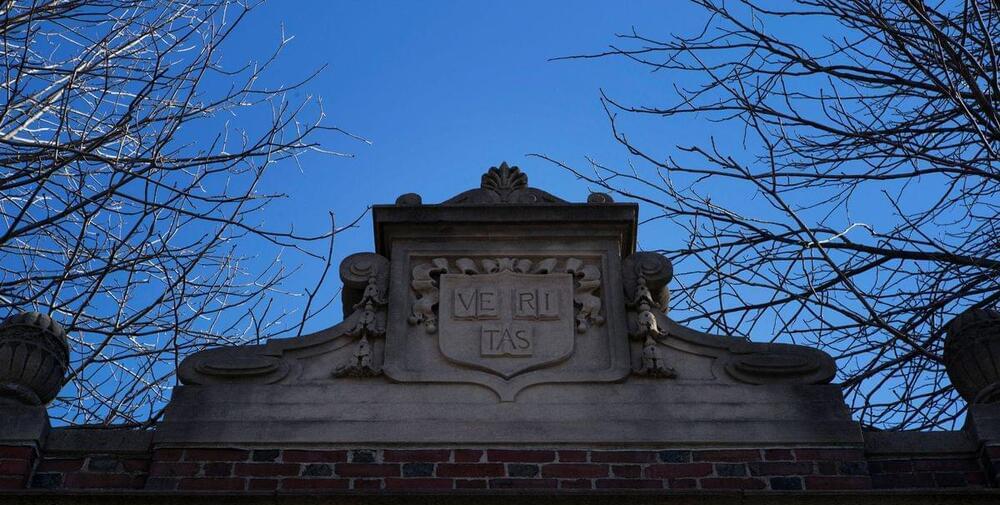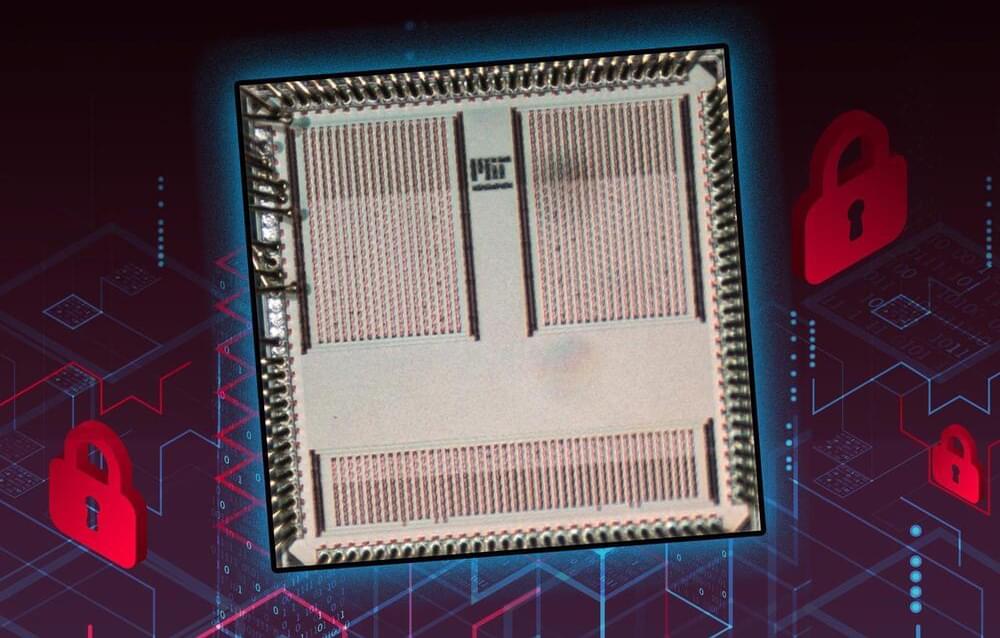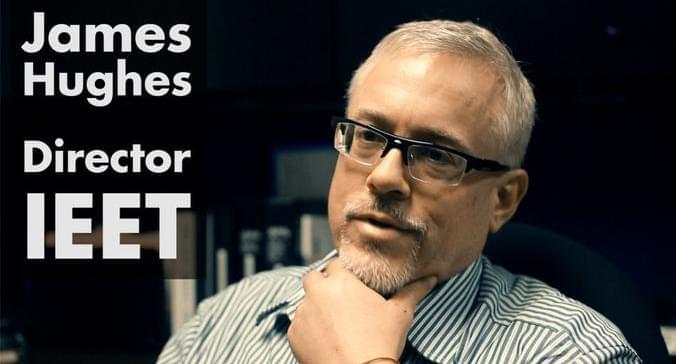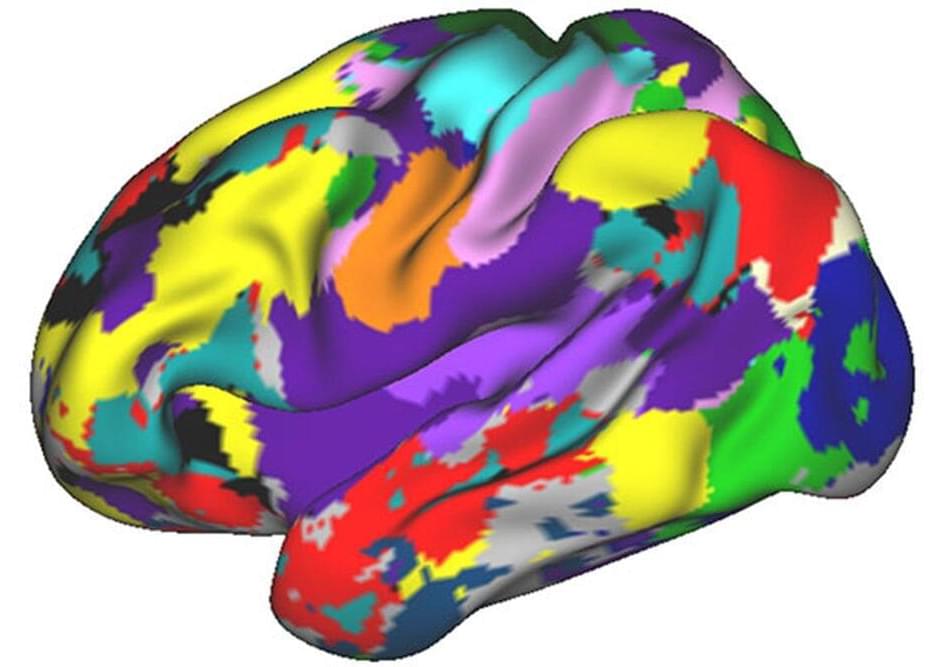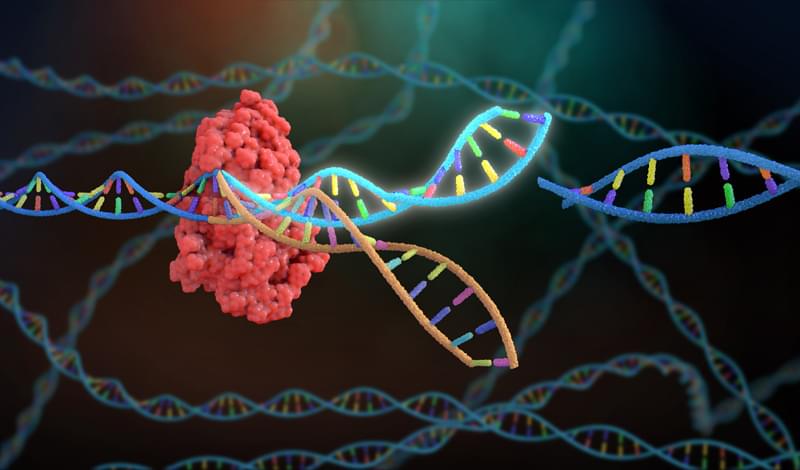Ending the latest chapter in a years-long legal battle over who invented CRISPR, the U.S. Patent and Trademark Office ruled on Monday that the revolutionary genome editing technology belongs to the Broad Institute of Harvard and MIT.
The decision is a blow to the University of California and biotech companies that had licensed the technology from the university for use in developing treatments, including Intellia Therapeutics and CRISPR Therapeutics. They will now have to negotiate with the Broad Institute for the right to use CRISPR for human therapies.

